Social Justice
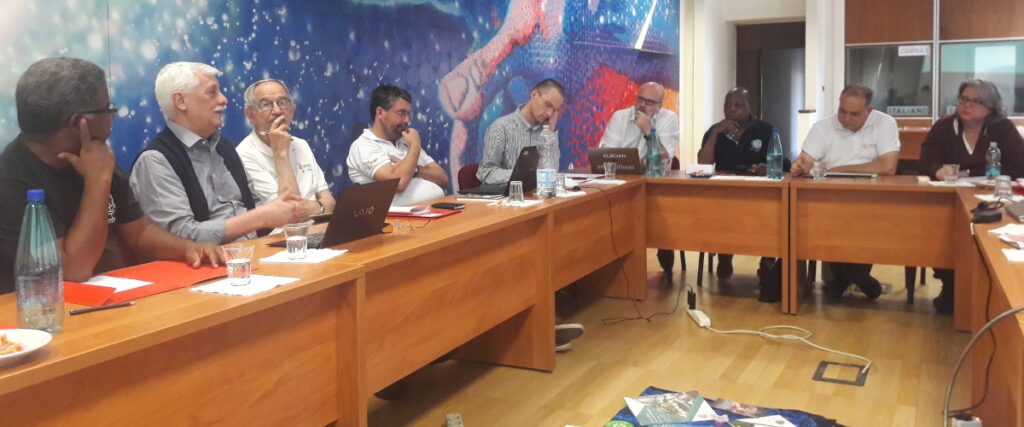
Fr General urges social apostolate to have a holy anger to bring about changes
This year’s annual meeting of the social apostolate coordinators in Rome was special. This time the coordinators were joined by the leaders of the Global...read more
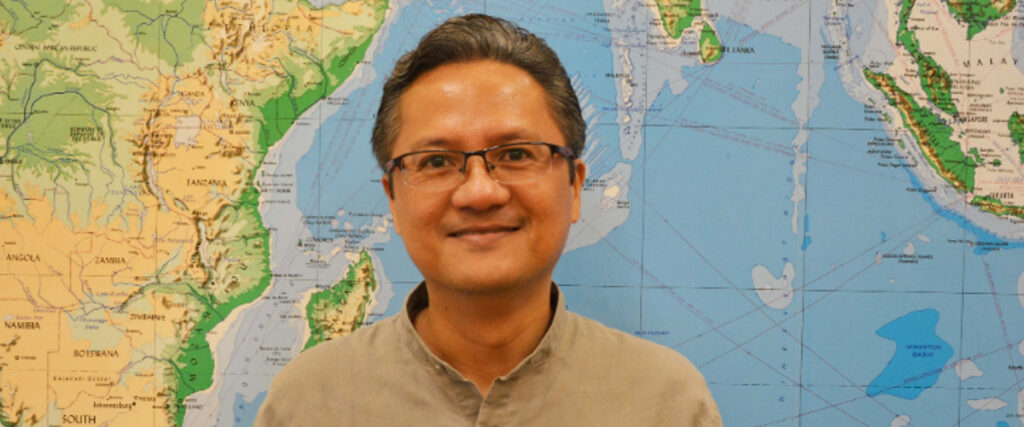
New director for JRS Asia Pacific
Jesuit Refugee Service (JRS) has appointed Louie Bacomo as the next Regional Director of JRS Asia Pacific. Bacomo will assume the role on June 1,...read more

Chronicling the struggles of migrant workers to adapt
The Jesuit Conference of Asia Pacific (JCAP) Migration Network has published a second book. “Settling down: the struggles of migrant workers to adapt” brings together...read more
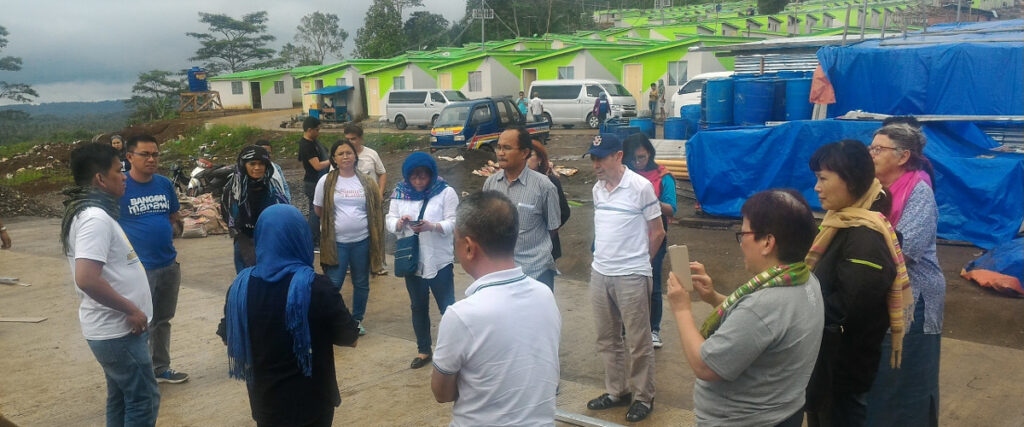
Renewing commitment to justice for migrants and refugees
It was a time of sharing but also an experience of a very real migration issue in the Philippines. As part of their annual meeting,...read more

Jesuits denounce violence in Nicaragua, defend the right to peaceful protest
In response to ongoing protests in Nicaragua and the senseless killing of a Jesuit high school student there, the Jesuits of Central America, the Conference...read more

Global mining survey shows pollution a concern in areas where Jesuits work
Environmental contamination, especially pollution of water sources, is causing significant concern in areas where Jesuits are based, according to a global survey conducted by the...read more
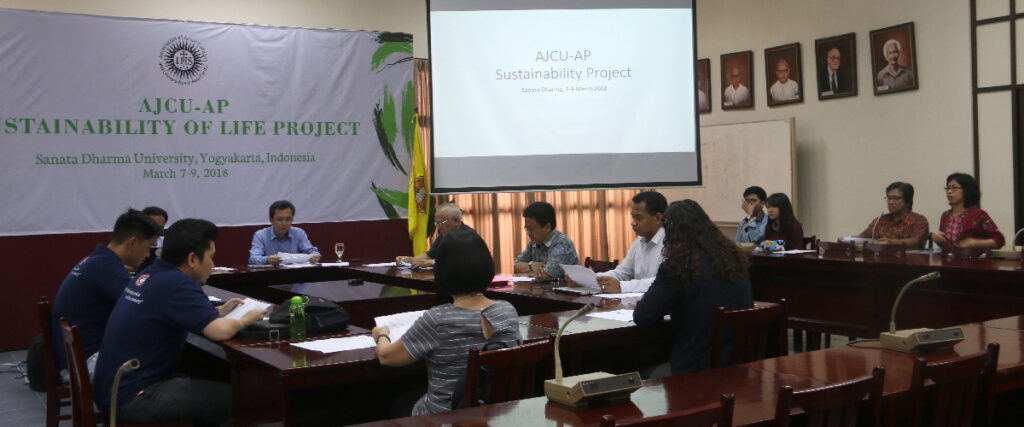
Building a home for the sustainability concept
The urgency of saving the planet from the greed of its human inhabitants cannot be emphasised enough. The Catholic Church has joined ranks with secular...read more
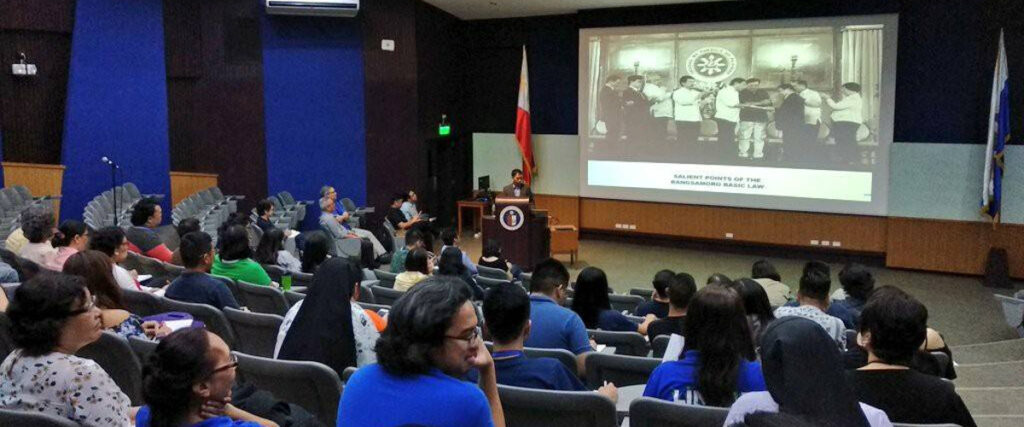
Jesuit university presidents express support for new autonomous Muslim region in the Philippines
The presidents of the five Jesuit universities in the Philippines have called for the immediate passage of a proposed law that will result in the...read more
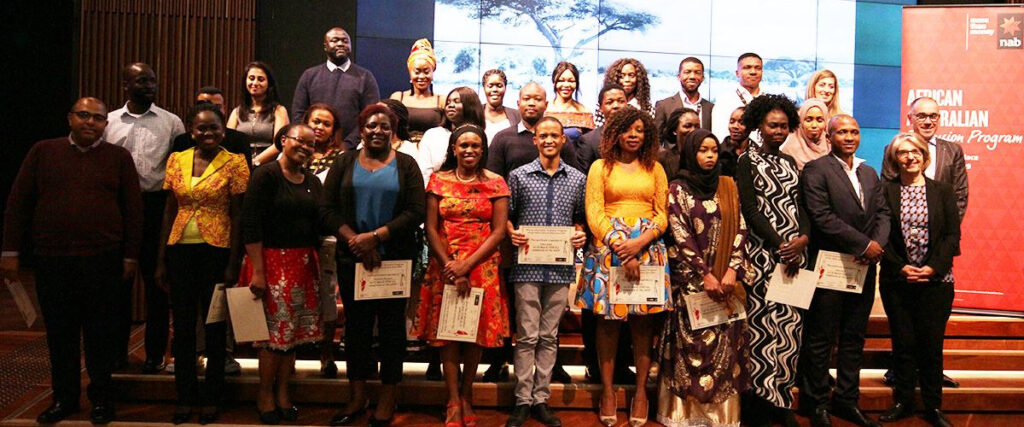
Backing greater career opportunities for African Australians
For many African immigrants to Australia, the path down under is extremely difficult, and when they arrive, they face new challenges including the lack of...read more
